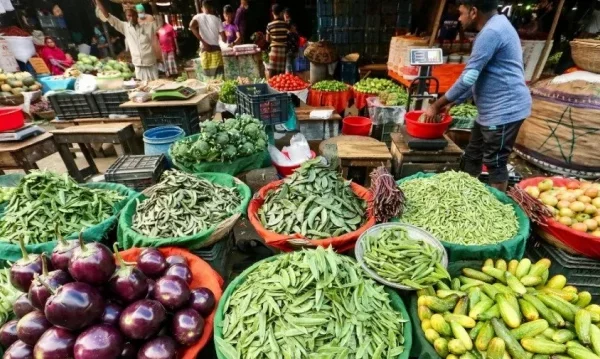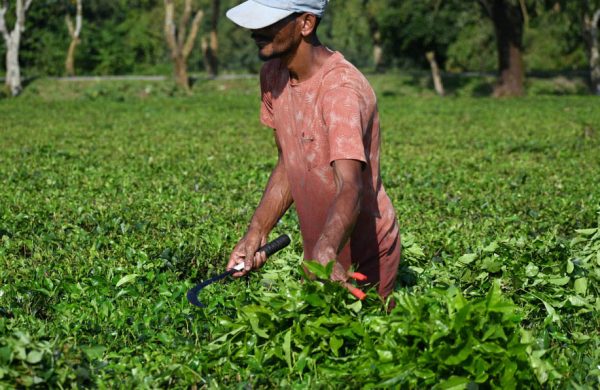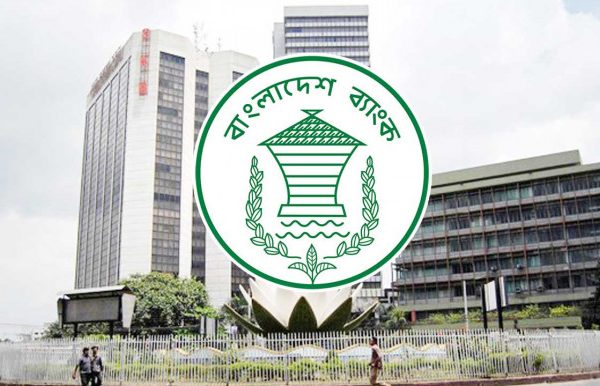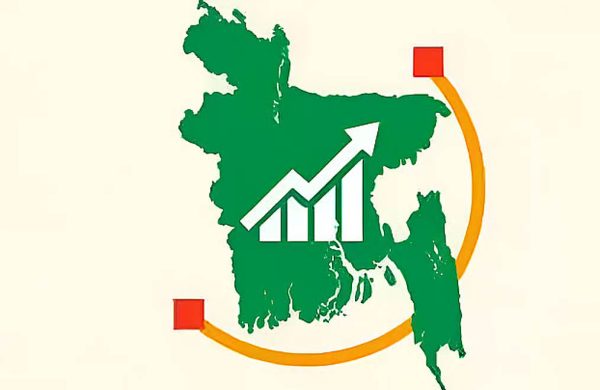Food inflation cools down: BB
- Update Time : Wednesday, July 23, 2025

Staff Correspondent:
Increased import of essential food grains, edible oil and pulses has helped stabilise the soaring food prices, bring down food inflation, and provide relief to consumers in the country.
In the fiscal year 2024-25, imports of rice and wheat increased by 2.69%, edible oil by 7.13%, fruits by 0.56%, pulses by 12.77%, and onions by 6.64% compared to those in fiscal year 2023-24, according to the recently published Major Economic Indicators: Monthly Update of the Bangladesh Bank (BB).
However, imports of sugar and salt declined by 11.65%, milk food by 0.97% and spices by 2.05% during the last fiscal year compared to the previous one, according to the report. In FY25, the LC settlements of consumer goods stood at $6,702.06 million – 0.29% lower than $6,721.82 million in the previous fiscal.
The sharp upwards move in essentials imports, especially of intermediate goods, highlights a rejuvenation of economic activities across key industries during the comparative timeframe.
This rise in imports has contributed to a more stable supply chain, preventing significant price hikes in key commodities, said agro-economist and researcher Dr Jahangir Alam.
“Most of the essential food items, including grains, are import-dependent. We have to import wheat, pulses, onion, garlic, ginger, sugar, edible oil, green chilli, powdered milk and rice to meet our demand,” he said.
“When the supply of consumer foods and other essentials increased in the market, prices in the local market declined too. The government should boost the supply of essentials to ensure an uninterrupted flow following the local production,” he added.
The boost of domestic production is also helping, along with the import of essentials, to tame food inflation, said the economist.
However, Biswajit Saha, director (Corporate and Regulatory Affairs) of City Group, told the media that their own data does not reflect such an increase in production and imports.
“We businessmen are in crisis.While imports increase, gas shortage remains a major problem. There are also some other problems we are facing which everyone knows,” he said.
The food inflation cooled down to a single digit, to 9.24% in February after 10 months. The country grappled with persistent double-digit food inflation from April 2024 to January this year.
According to the latest figures from the Bangladesh Bureau of Statistics (BBS), food inflation declined to 7.39% in June, down from 8.59% in May. It was 8.63% in April, 8.93% in March, 9.24% in February, 10.72% in January, 12.92% in December and 13.8% in November.
Market analysts and government officials attribute the price stability to proactive import policies and timely measures taken by the government.
Despite the overall stability, minor fluctuations in prices have been observed in some essentials, including rice and edible oil.
However, experts believe that continued monitoring and strategic import management will further enhance market stability.

















